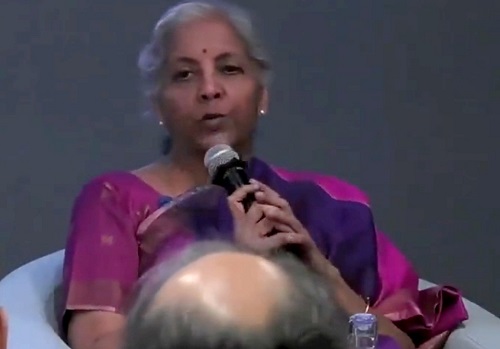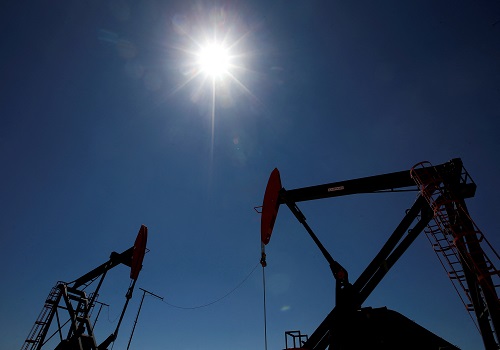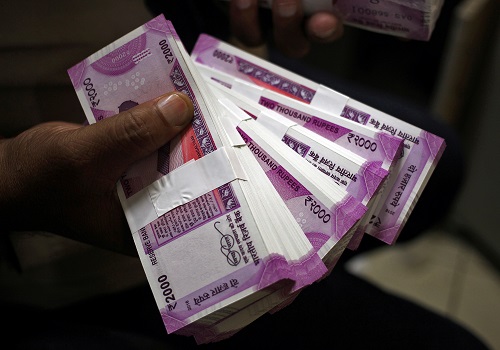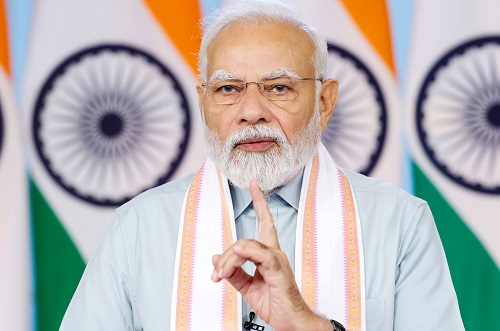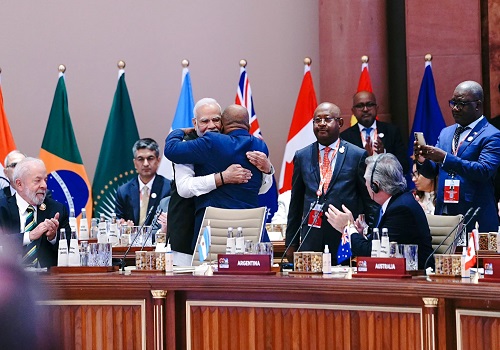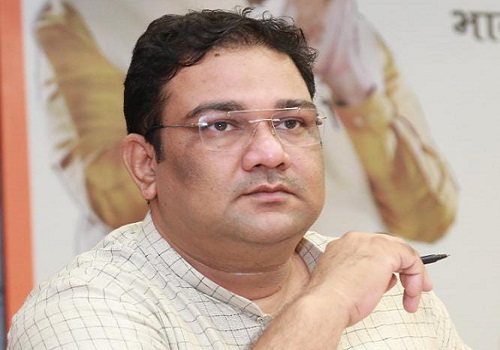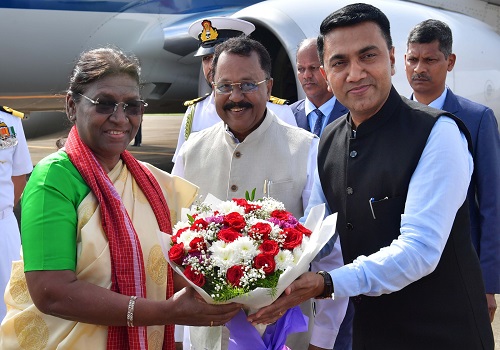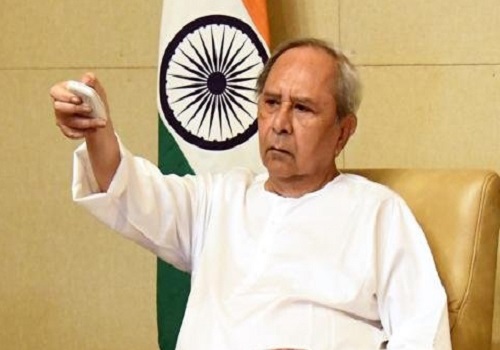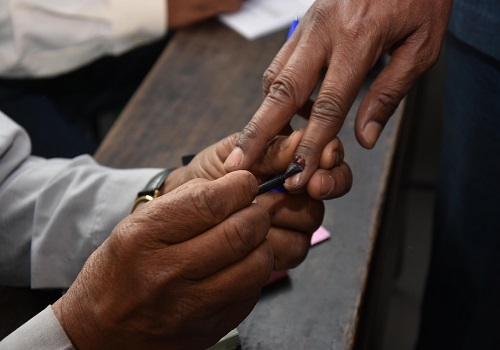Prime Minister Narendra Modi to inaugurate dairy plant in Varanasi on Thursday
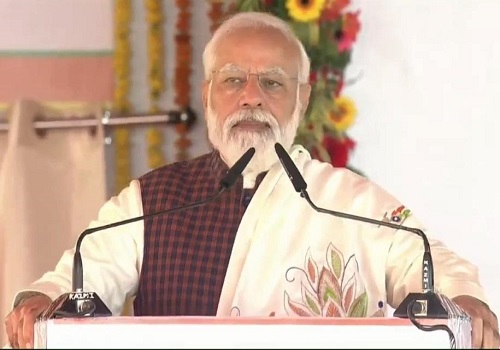
Follow us Now on Telegram ! Get daily 10 - 12 important updates on Business, Finance and Investment. Join our Telegram Channel
Prime Minister Narendra Modi will visit his parliamentary constituency Varanasi on Thursday to lay the foundation stone of Banas Dairy Kashi Sankul at Karkhiyaon.
The Prime Minister was earlier in Varanasi on December 13 to unveil the Kashi Vishwanath Dham Corridor project.
According to government spokesperson, the objective of this project is to empower farmers and milk producers of Purvanchal region and provide good quality products at affordable prices.
Modi will also digitally transfer Rs 35.19 crore to bank accounts of around 1,75,000 milk farmers as year-end dividend for 2020-21.
In July 2021, Banas Dairy provided 100 cows of the best indigenous breeds to farmer families in Varanasi for model dairy farming.
These farmers were given training in cattle rearing and dairy farm management and arrangements were made for continuous guidance for animal husbandry.
Presently, more than 25,000 litres of milk is procured on a daily basis from 111 places in Varanasi.
Banas dairy is now setting up its third plant in Varanasi after Lucknow and Kanpur.
It will have a capacity of 5 lakh litres per day, which can be expanded up to 10 lakh litres per day and will be built on 30 acres of land with an estimated cost of Rs 475 crore.
The plant will also produce 50,000 litres of ice cream, 20 tonnes of paneer, 75,000 litres of butter milk, 50 tonnes of curd, 15,000 litres of lassi and 10,000 kg of sweets per day.
The plant will also have a bakery unit and will include a take home ration plant to produce nutritional supplements for women and children.
This project will benefit the local farmers of 1,000 neighbouring villages of Purvanchal region like Varanasi, Jaunpur, Machchlishahr, Chandauli, Bhadohi, Ghazipur, Mirzapur and Azamgarh and they will get Rs 8,000-10,000 for their milk per month.
Customers will also get high quality products at affordable prices. This project is expected to provide direct employment to 750 people in the plant, about 2,350 people in allied works and about 1,00,000 people in villages, the spokesperson said.














